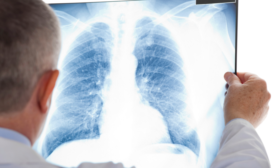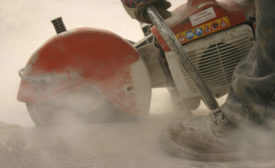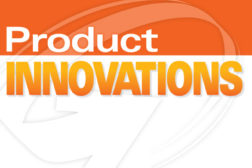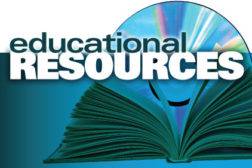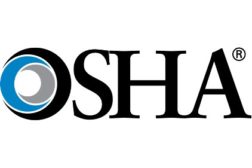Home » Keywords: » respiratory
Items Tagged with 'respiratory'
ARTICLES
Have questions about OSHA’s silica standard for construction?
OSHA has FAQs, video
August 23, 2018
3M Earmuff Series to provide hearing protection up to 31 decibels
3M Peltor X Series Earmuffs offer unparalleled noise reduction and comfort
March 14, 2013
Respiratory PPE for Wet Well Applications new white paper now available from MSA
Includes site assessment, respirator types
February 15, 2013
Catching the Flu: NIOSH Research on Airborne Influenza Transmission
A sneeze in progress. Need we say more? Cover your mouth!
January 18, 2013
EVENTS
Sponsored Webinar Sponsored Webinars
9/19/23 to 9/19/24
Contact: Amy Jackson
Best Practices in Respiratory Compliance
Get our new eMagazine delivered to your inbox every month.
Stay in the know on the latest safety trends.
SUBSCRIBE TODAYCopyright ©2023. All Rights Reserved BNP Media.
Design, CMS, Hosting & Web Development :: ePublishing
